|
LAST SUPPER - PAGE 6
|
Greek Five Ages of Man |
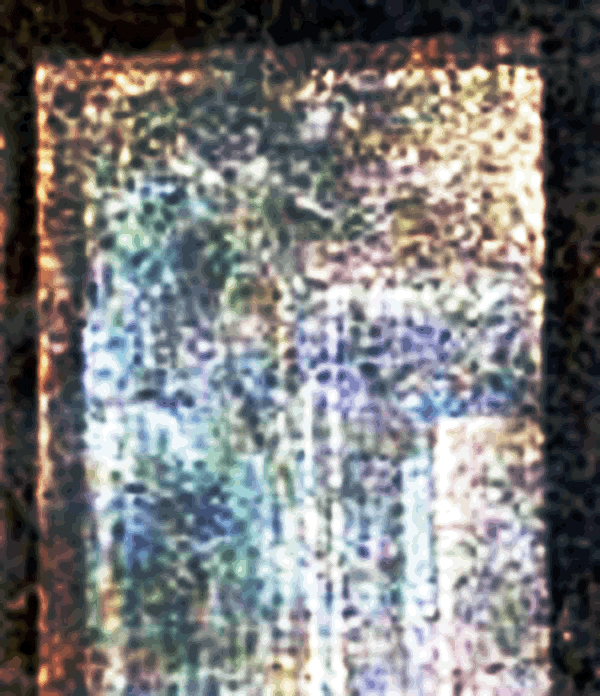
Stages that humanity passes through |
- The Greek Five Ages of Man were inspired by earlier
legends from Mesopotamia and Egypt.
- The classic ages were first written down in an 8th century BCE poem
penned by Hesiod, a shepherd, who along with Homer was one of the earliest of Greek epic poets.
- The five ages were a long passage of continuous decline, tracing the lives of men as descending from a state of primitive innocence to evil, with a single exception,
called the Age of Heroes.
- This classic is a Greek creation story that traces the lineage of mankind through five successive "ages" or "races" including the Golden Age, the Silver Age, the Bronze Age, the Age of Heroes, and the present Iron Age.
Their land has also been filled with silver and gold
And there is no end to their treasures;
Their land has also been filled with horses
And there is no end to their chariots.
(Isaiah 2:7)
|
|
Nine Muses |
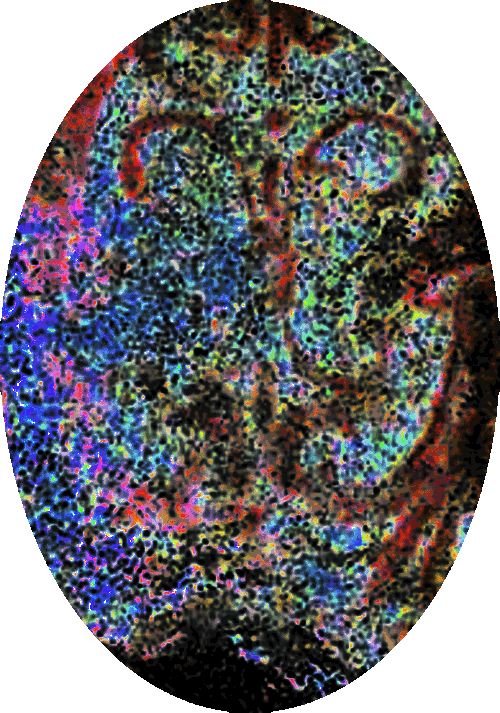
Nine Muses |
-
Hesiod met the Nine Muses one day when he was shepherding.
- They were the daughters of Zeus and Mnemosyne (Memory), and
were divine beings who inspired creators of all kinds, including poets, speakers, and artists.
- The Nine Muses were always invoked at the beginning of epic
poems.
- The Muses inspired Hesiod to write the 800-line epic poem called
Works and Days,
where Hesiod tells three myths: the story of Prometheus' theft
of fire, the tale of Pandora and her box of ills, and the five
ages of man.
Is anyone among you suffering? Let him pray. Is anyone cheerful? Let him sing praise. (James 5:13)
|
|
Golden Age/Race |
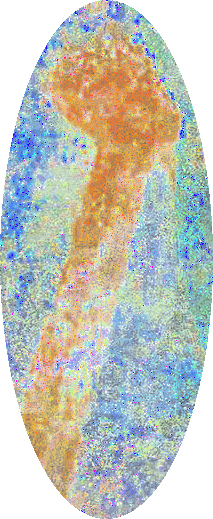
Cronus golden cane |
- Cronus ruled during the mythological Golden
Age and the people of that period did not need rules or laws
because everyone knew the difference between right and wrong
and they were very moral.
- Humans did not have to work to feed themselves,
as the earth provided food in abundance.
Fortune is merry,
And in this mood will give us anything. (Shakespeare, Julius Caesar)
|

Full Plate |
- After living
long lives and dying peacefully, they became guardian spirits on Earth.
- According to the poet Pindar (517–438 BCE), gold stood for the radiance of light, good fortune, blessedness, and all the fairest and best.
- In Babylonia, gold was the metal of the sun.
Judah also will fight at Jerusalem; and the wealth of all the surrounding nations will be gathered, gold and silver and garments in great abundance.
(Zechariah 14:14)
|
|
Silver Age/Race |
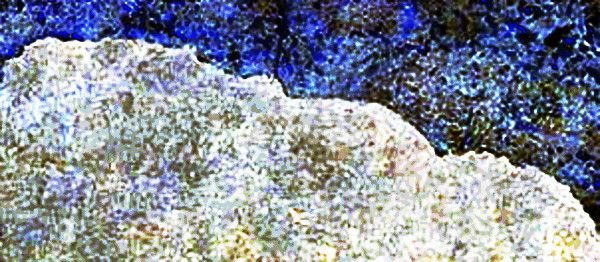
Shining One |
|
- Zeus created the Silver, Bronze, and Iron ages/races.
- A necessity after the fall of the Golden Age.
- Zeus caused this generation of man to be created as vastly inferior to the gods in appearance and wisdom.
- Hubris cast its shadow upon the age as mortals fell prey to ungratefulness and arrogance, their devotion to the gods waned.
- He divided the year into four seasons.
- Men in the Silver Age lived for one hundred years under the dominion of their mothers.
As he was valiant, I honour him: but, as he was ambitious, I slew him. (Shakespeare, Julius Caesar)
|

Silver
Plate |
- They lived only a short time as grown adults, and spent that time
fighting with each other.
- Man was forced to work
and had to plant grain and seek shelter however, a child could play for 100 years before growing up.
- After death, humans were consigned to the shadows of the afterlife.
- In Mesopotamia, silver was the metal of the moon.
The people wouldn't honor the gods, so Zeus caused
them to be destroyed. When they died, they became
"blessed spirits of the underworld." (thoughtco.com)
|
|
Bronze Age/Race |
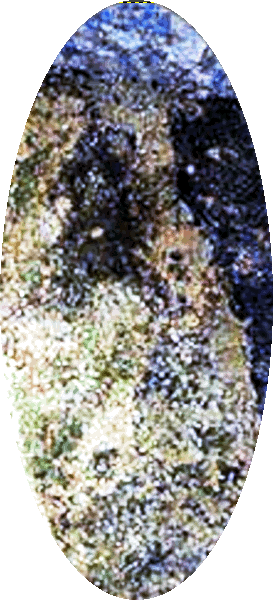
Bronze man |
-
During the Bronze Age/Race, Zeus created men from ash trees which was a hard wood used in spears.
- The Bronze Age’s saga projects the themes of conflict, aggression, and the unrelenting quest for dominance.
- The men of the
age were very violent and
perished in war and by mutual destruction.
- They were terrible and strong and warlike
and their armor, tools and houses were made of bronze.
- People
who lived during the Bronze Age did not eat bread and
subsisted primarily on meat.
- They left no named spirits; instead, they dwell in the "dark house of Hades".
Poor Brutus, with himself at war,
Forgets the shows of love to other men. (Shakespeare, Julius Caesar)
|

Cracked
Plate |
- It was this generation of men that was destroyed by the flood in the days of Prometheus' son Deucalion and Pyrrha, a deluge that reshaped the world and initiated a new era.
- When they died, they went to the Underworld,
the realm of Hades.
- This descent marked a dramatic shift from their earthly pursuits of power
to shadows.
The king and Jehoiada gave it to those who did the work of the service of the house of the Lord; and they hired masons and carpenters to restore the house of the Lord, and also workers in iron and bronze to repair the house of the Lord. (2 Chronicles 24:12)
|
|
Age/Race of Heroes |
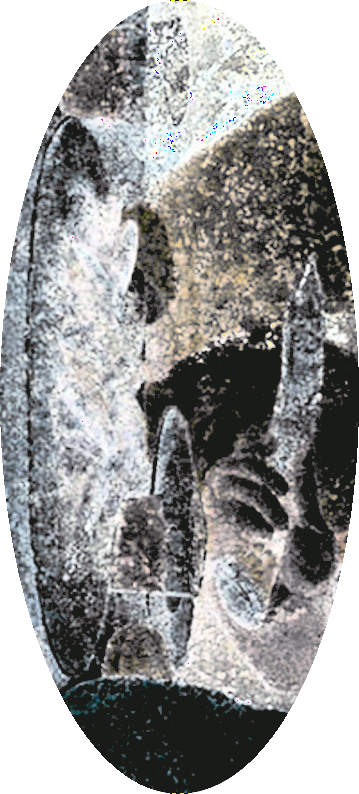
Mythology |
-
The Age of Heroes was a historical period to Hesiod.
- Mycenaean age.
- This was a better, more just period, where men were
demigods, strong, brave, and heroic.
- It was the heroes
of this Age who fought at Thebes and Troy.
- Tales of Achilles, Hector, and the fabled Siege of Troy
- During this
age, humanities path intertwined with historical events, and
was recounted by poets like Homer.
But, for my own part, it was Greek to me. (Shakespeare, Julius Caesar)
|

Fine
China |
- Heroes were known for their exploits, their virtues, and their tragic flaws.
- The myth of Jason and the Golden Fleece is one of the oldest stories of a hero's quest.
- After death, some went to the Underworld,
while others went to the Islands of the Blessed ones.
- When men passed on in this era, their souls journeyed to Elysium—an ethereal realm reserved for the finest mortals.
Elysium offers respite and reward for those who have earned their place through deeds and virtue. This transformation in the afterlife mirrors the shift in human consciousness—an evolution from the divine interplay of the past to a time where human agency, virtue, and valor take center stage. (historyhogs.com)
|
|
Iron Age/Race |
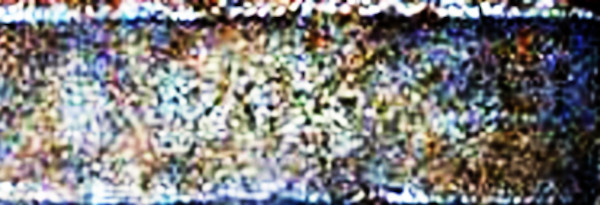
Rusty |
- The direct opposite of the Golden Age.
- Hesiod
described the Iron Age/Race as a time when infants will be born old, and there
will be no recourse left against the universal moral decline.
- Modern men were created by Zeus as evil and selfish, burdened with weariness and sorrow.
- In this era, humanity stands forsaken by the gods.
When beggars die, there are no comets seen;
The heavens themselves blaze forth the death of princes. (Shakespeare, Julius Caesar)
|

Empty
Plate |
- During this age, humans live an existence of toil and misery.
- Children dishonor their parents, brother fights with brother.
- Might makes right, and bad men use lies to be thought good.
- Iron is the hardest metal and the hardest to work, forged in fire and hammered.
All manner of evils came into being during this age. Piety and other virtues disappeared and most of the gods who were left on Earth abandoned it. Hesiod predicted that Zeus would destroy this race some day. (Wikipedia)
|
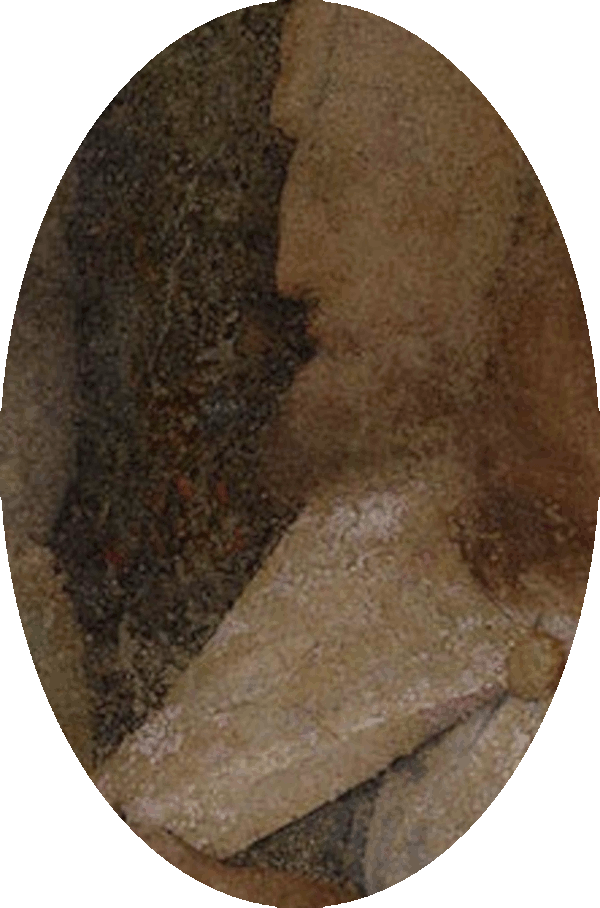
Foot forgotten |
Surely there is a mine for silver
And a place where they refine gold.
Iron is taken from the dust,
And copper is smelted from rock.
Man puts an end to darkness,
And to the farthest limit he searches out
The rock in gloom and deep shadow.
He sinks a shaft far from habitation,
Forgotten by the foot;
They hang and swing to and fro far from men.
(Job 28:1-4)
|
|
Sun |
Moon |
Stars |
|
 |
 |
 |
|
Signed by Leonardo DaVinci
A new
day!
As above, so below. |
|
|
Our life is made by the death of others.
Leonardo DaVinci

|